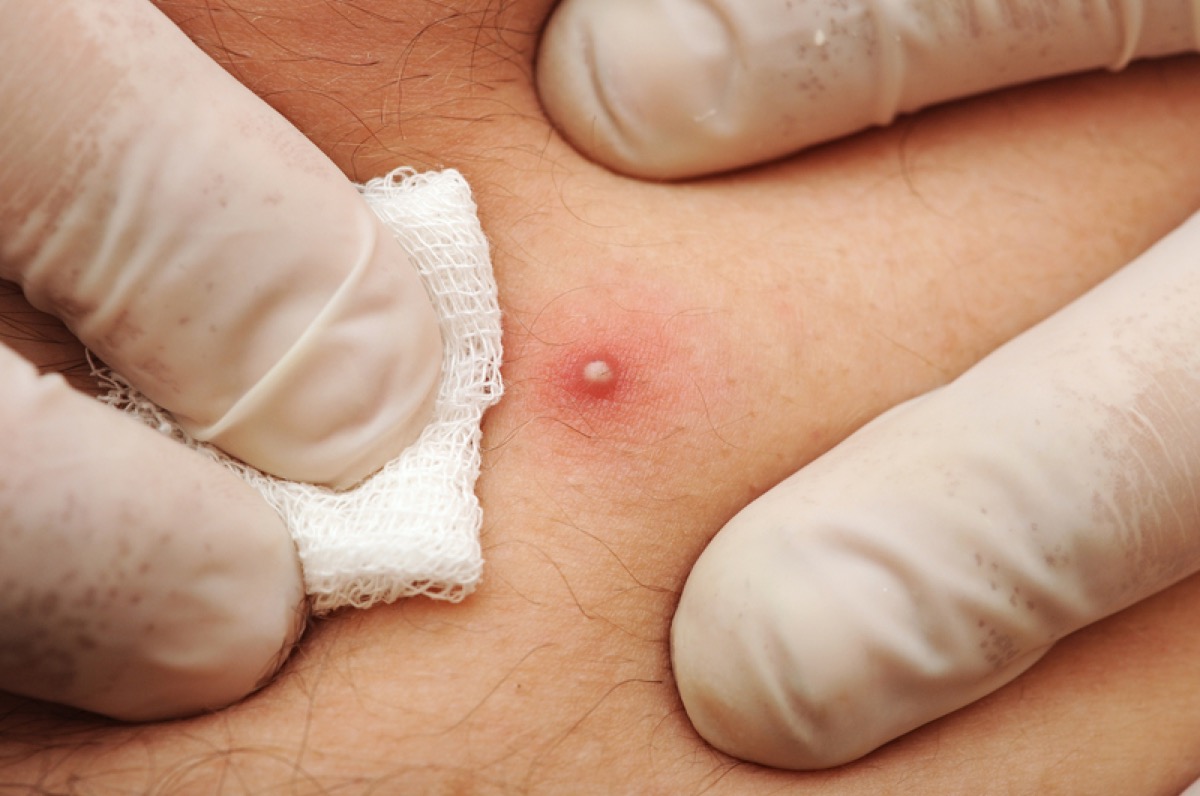Unexplained Bleeding
There is only one instance where bleeding without injury is perfectly normal. Menstruation. Even though, depending on the woman’s age and health, unexpected bleeding could mean something other than a period. If that happens, it is called “abnormal vaginal bleeding.”

Used to describe anything from an irregular period or during a time in life where menstruation is not common, such as prepubescence, during pregnancy, or post-menopause, abnormal vaginal bleeding is always cause of concern. The bleeding could be caused by fibroids or polyps. Both are benign, but they need to be surgically removed. Left alone, such growths could cause cervical, uterine, or ovarian cancer.
Coughing up blood can mean you have a serious chest infection, cancer, or ruptured blood vessels in your lungs.
Blood in the toilet bowl is also alarming. Hematuria, for instance, is when blood is seen in urine. Urinary tract infections and bladder infection commonly cause it, but hematuria without pain or any other symptoms could be signaling the onset of kidney or bladder cancer.
Then, there is bloody stool. Hemorrhoids, or swollen blood vessels, around the anus and rectum can be the cause. You may feel some pain or itching alongside the bleeding. Bleeding rectally can also be from anal fissures, polyps, and, if the bleeding is significant, colorectal cancers.
Lastly, nipple discharge is never a welcome sign, but when there is blood in it, you shouldn’t hesitate to call your primary care physician. Bloody discharge from the nipple can be a sign of infection, like mastitis, or a growth in the milk ducts, called intraductal papilloma. Both of those can be treated with antibiotics. The other cause of bloody nipple discharge is cancer, especially if only one breast is affected. Check if you also have a lump.




Leave a Comment